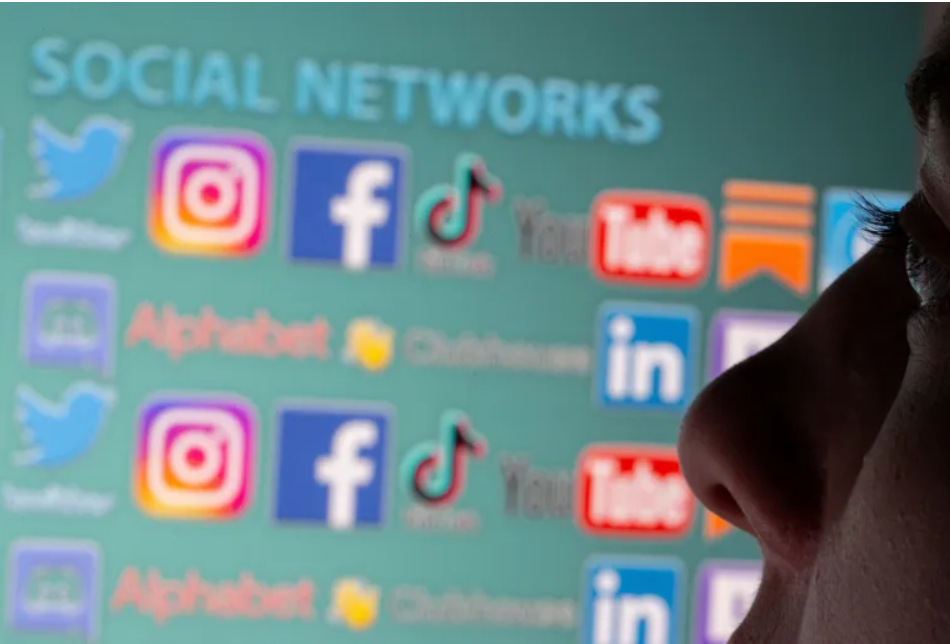(Al Jazeera Media Network) The United States surgeon general has called on Congress to require social media platforms to carry warning labels on their effects on young people’s lives, similar to those now mandatory on cigarette boxes.
In a Monday opinion piece in The New York Times, Dr. Vivek Murthy said that social media is a contributing factor in the mental health crisis among young people.
“It is time to require a surgeon general’s warning label on social media platforms, stating that social media is associated with significant mental health harms for adolescents. A surgeon general’s warning label, which requires congressional action, would regularly remind parents and adolescents that social media has not been proved safe,” Murthy said. “Evidence from tobacco studies show that warning labels can increase awareness and change behaviour.”
Murthy, who acts as the top government spokesperson on public health, said that the use of just a warning label would not make social media safe for young people, but would be a part of the steps needed.
Social media use is prevalent among young people, with up to 95% of those aged 13 to 17 saying that they use a social media platform, and more than a third saying that they use social media “almost constantly,” according to 2022 data from the Pew Research Center.
“Social media today is like tobacco decades ago; it’s a product whose business model depends on addicting kids. And as with cigarettes, a surgeon general’s warning label is a critical step toward mitigating the threat to children,” Josh Golin, executive director of Fairplay, an organization dedicated to ending marketing to children, said in a statement.
Getting the labels on social media platforms would take congressional action – and it is not clear how quickly that might happen, even with apparent bipartisan unity around child safety online. Lawmakers have held multiple congressional hearings on child online safety and legislation is in the works. Still, the last federal law aimed at protecting children online was enacted in 1998, six years before Facebook’s founding.
Even with Congressional approval, warning labels would likely be challenged in the courts by tech companies.
“Putting a warning label on online speech isn’t just scientifically unsound; it’s at odds with the constitutional right to free speech,” said Adam Kovacevich, CEO of the tech industry policy group Chamber of Progress. “It’s surprising to see the US surgeon general attacking social media when teens themselves say it provides an important outlet for social connection.”


